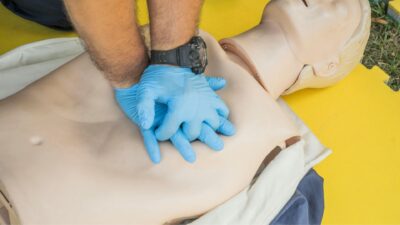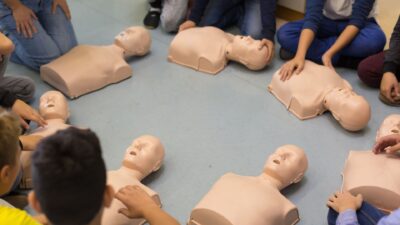
Top Myths About CPR Certification And the Truth Behind Them
Cardiopulmonary Resuscitation (CPR) is a critical lifesaving skill that can make the difference between life and death in emergencies. Despite its importance, numerous misconceptions persist about CPR certification, leading many to underestimate its value or misunderstand its purpose. In this blog post, we will debunk some of the most common myths surrounding CPR certification, shedding…
Read More







